From GreenState by Cara Wietstock September 22 2023
States across the U.S. enact legalization while countries like Canada are freeing the plant at a federal level. This momentum hasn’t gone unnoticed by savvy entrepreneurs: the business of cannabis has been on an upward trajectory for over a decade. Native American Tribes are claiming space in the cannabis sector—but with a sovereign twist.
Tribal governments hold nation-to-nation agreements with the U.S. government. Indigenous peoples can be called Tribes, bands, nations, pueblos, communities, and Native villages. Each Tribe holds sovereignty over the land where they reside. This means they are self-governing, among other things.
Backed by hundreds of treaties, tribal governments built their own governments and passed laws. Those laws are enforced through tribal police and courts. The Tribes also establish social services, maintain reservation infrastructure, and work together with state governments.
This translates into the cannabis space through altered regulatory operations, and in some places, a head start in the journey to adult-use. As of 2020 one in three Native Americans faced poverty. With tax dollars filtering fully back into the Tribe, cannabis operations appear a promising opportunity for Native Americans. Tribe-to-state relations are highlighted as Indigenous cannabis brands pop up coast to coast.
Getting ahead of the game
In recent months, Minnesota has been the topic of a flurry of news stories, starting with Governor Tim Walz signing a bill to legalize adult-use cannabis in May. Legalization was set to be enacted on August 1st, but before then, Indigenous Tribes in the state were encouraged to hit the ground running.
A few days after lending his signature to the bill, Gov. Walz spoke with Fox9 about Tribes setting frameworks and establishing dispensaries as those following Minnesota state guidelines waited for licenses.
“My hope is to see them thrive in this industry,” Gov. Walz told the news outlet. Since then, tribal dispensary operations have popped up on multiple reservations.
Red Lake Nation was the first Band of Ojibwe to make adult-use sales in Minnesota on August 1st. The opening of NativeCare, just east of Grand Forks, was quickly followed by Waabigwan Mashkiki on the White Earth Reservation. The Leech Lake Band came next, formalizing adult-use cannabis on its tribal lands. They are currently finalizing a dispensary location. These shops are on Tribal land but open to non-tribal members.
The upside of Tribe-owned cannabis operations
Over in Washington, Tribes have had the option to opt in since the state legalized adult use in 2012. From Tacoma to Sequim to Tulalip, cannabis operations have popped up on reservations in the northwest. Stillaguamish is one of the latest to open a shop. After becoming the first Washington Tribe with a brewery, expanding the portfolio to pot made sense.
The Stillaguamish Tribe Board of Directors shared more about the dispensary decision in an email with GreenState.
“The Stillaguamish Tribe of Indians has always been very interested in business development, and we are continually working on branching out and diversifying our business enterprises where we see opportunities and interest in the community.”
“Our businesses help to provide revenue for our many community services, including housing, daycare, and behavioral health services,” the Stillaguamish Board said.
Tribes in Washington enter into a compact with the government before starting a cannabis operation. 210 Cannabis was no different. The Stillaguamish Board explained that the cannabis compact echoed many of the same rules and regulations as state-regulated businesses, especially regarding public safety.
However, they have set guidelines for sales and promotions that aren’t permitted in Washington dispensaries. For example, 210 can have conditional sales like Buy One Get One Free, host 21+ consumption events, and sell white-label products under the dispensary brand at the store. All of these retail tactics are unavailable for shops operating under state law. But the greatest success falls to the tax revenue.
“The biggest upside is the fact that the state cannot collect excise taxes from us for cannabis sales. We are required to charge a Tribal Tax which is ‘at least 100%’ of the state’s tax on cannabis products, but the entirety of that tax goes back to the Tribe, allowing us to re-invest in our communities directly,” the Stillaguamish Board explained.
“We do have the ability to waive the Tribal Tax in certain instances, such as for sales of cannabis that was grown or processed within Indian Country, so that might be an opportunity we consider in the future.”
Any points not addressed in the compact are up to the Tribe but Stillaguamish has no plans to rock the boat. Every decision at 210 goes through the knowledgeable dispensary management team, the Tribe’s lawyers, and the Board of Directors. Through this funnel, it’s rare that regulations stray from the norm of cannabis operations in the state.
“Our aim is to remain as compliant as possible and mitigate risk while simultaneously leveraging ‘tribal advantage’ where appropriate,” the Board concluded.
Full Tribe ownership on the Great Plains
The Oglala Sioux Tribe (historically known as Oglala Lakota) legalized the plant on the South Dakota Pine Ridge Reservation in March 2020 over a year before voters approved medical cannabis in the state.
Trent Hancock is a member of the Oglala Sioux and a business owner a few states west of the reservation in Oregon. Hancock explained what makes this Tribe-owned cannabis operation special in messages and emails with GreenState.
“The Oglala Sioux Tribe was the first to pass a ‘required small business ordinance.’ All owners have to be tribal members, no outside investors were allowed. All the businesses were started and funded by tribal members,” Hancock said.
This means that all the money (not just the tax revenue) brought in by tribal dispensaries like Warpath Cannabis go right back into the Tribe. The Census reports that almost 50 percent of people on the Pine Ridge Reservation are below the poverty line. More tax revenue, job creation, and seeing tribal members flex their own logos as entrepreneurs all go toward trending that number down.
This success is celebrated, but it hasn’t come without its challenges. Hancock has watched people attempt to enter the Tribe’s internal affairs with what he perceived as malintent. Hancock recalls an unnamed large corporation trying to enter the market when the Tribe first moved to pass cannabis regulations. That corporation was eventually edged out, but it wasn’t the last challenge for a stake in Oglala Sioux cannabis.
“We also had a group that was raided on the Navajo Reservation that came to our Rez talking about ‘intertribal commerce’,” Hancock recalled. “They tried to convince our Tribe that they could cross state lines with product legally. This group is involved in several Tribes and is putting Tribes in legal danger.”
The Oglala Sioux Tribe has persisted, maintaining full tribal ownership of Pine Ridge Reservation cannabis operations. Their success should be celebrated, but it’s also noteworthy to illuminate the challenges Tribe-owned cannabis faces across the U.S.
From state lawmakers and police to corporate cannabis, tribal cannabis operations have been halted by non-tribal entities. In 2021, police wrongfully raided a farm in Mendocino that sat on the Round Valley Indian Reservation, SFGate reported. According to an ongoing federal lawsuit, the police destroyed over 100,000 plants.
Cost of doing business
On the other side of the country, in New York, cannabis corporation Tilt ceased its partnership with the Shinnecock Nation and their dispensary, Little Beach Harvest. In an earnings call, the Tilt CFO cited challenges in the New York market negatively impacting both supply and demand as the reason for the split. Their stake in Little Beach Harvest was sold to developer PowerFund Partners.
A Tilt-distributed press release expressed only good vibes between the three entities. The Council of Trustees of the Shinnecock Nation voiced thanks to Tilt for breaking ground on the project alongside trust that PowerFund would have the store open this fall.
“This transition to PowerFund Partners will bring us to the point of completion and official opening as the first tribally owned cannabis dispensary in Eastern Long Island on our Sovereign land,” the Council said in a statement. “We are excited about what our business will bring to our people and the surrounding communities.”
EBCI legalizes cannabis in a state without access
A few days after the Shinnecock Nation shakeup, the Eastern Band of Cherokee Indians (EBCI) voted to legalize cannabis for adult use on their reservation in North Carolina. This shook up the state where cannabis is illegal in all forms.
Before the vote, Republican Congressman Chuck Edwards penned an op-ed in Cherokee One Feather urging tribal members to opt out of legalization in the upcoming election. Two weeks later, Rep. Edwards introduced the “Stop Pot Act of 2023” (H.R. 5323), which would halt specific federal funds to Indigenous Tribes that allow adult-use cannabis.
Despite the opinion piece in which Rep. Edwards stated Congress was “gutless” and the sovereignty-challenging bill, 70 percent of ECBI voted yes on adult-use cannabis. H.R. 5323 currently has two sponsors and GovTrack gives it a two percent chance of being enacted.
Native American Tribes are making strides in the cannabis space and allocating the tax dollars right back into their communities. From the Stillaguamish people of the Pacific Northwest to the Oglala Lakota on the Great Plains, each Tribe has taken its own road to open dispensaries and cultivations with one thing in common: sovereignty.
This big word gives Indigenous Tribes the space to make decisions, though many stay aligned with state regulations. Those that don’t have hundreds of treaties to back them up. Native American cannabis operations offer Indigenous communities the opportunity of entrepreneurship, a leg up in the space, more jobs on the reservation, and an avenue out of poverty. It’s a win-win.
EDITOR’S NOTE: This article has been updated to clarify that the Oglala Sioux Tribe legalized the plant on the reservation before the state legalized medical cannabis.

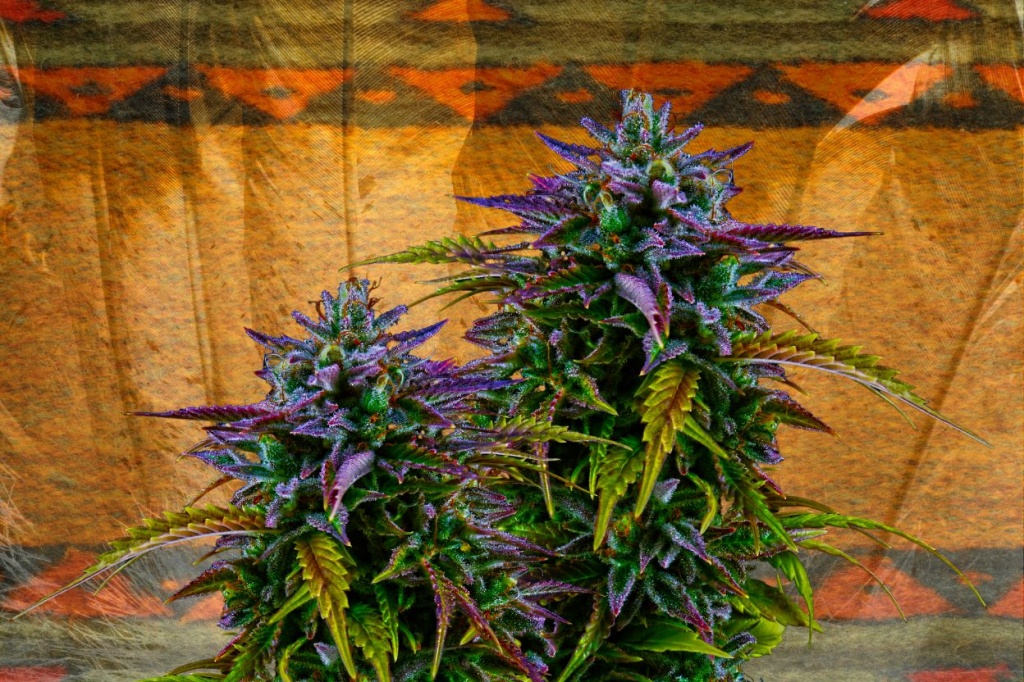
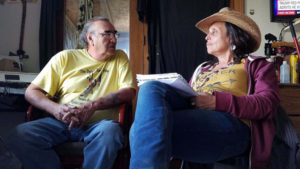
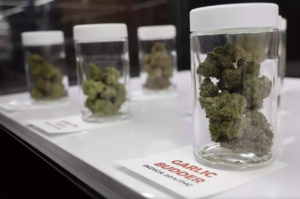



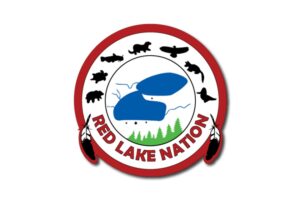
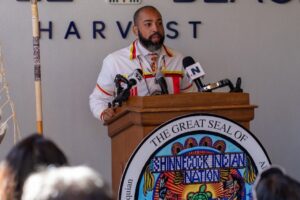
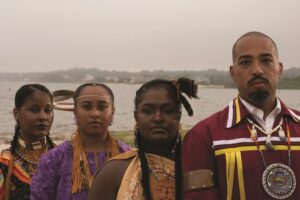
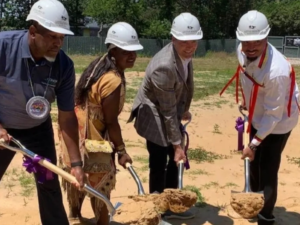
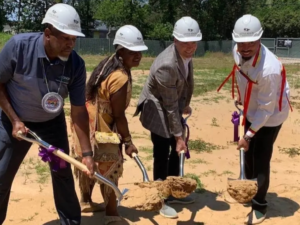

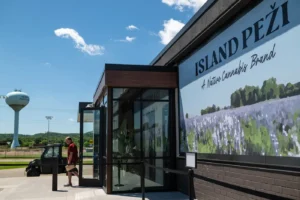

Comments are closed.